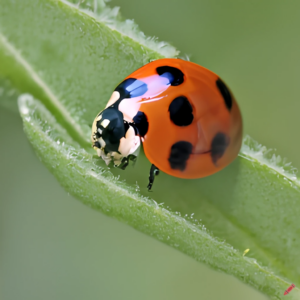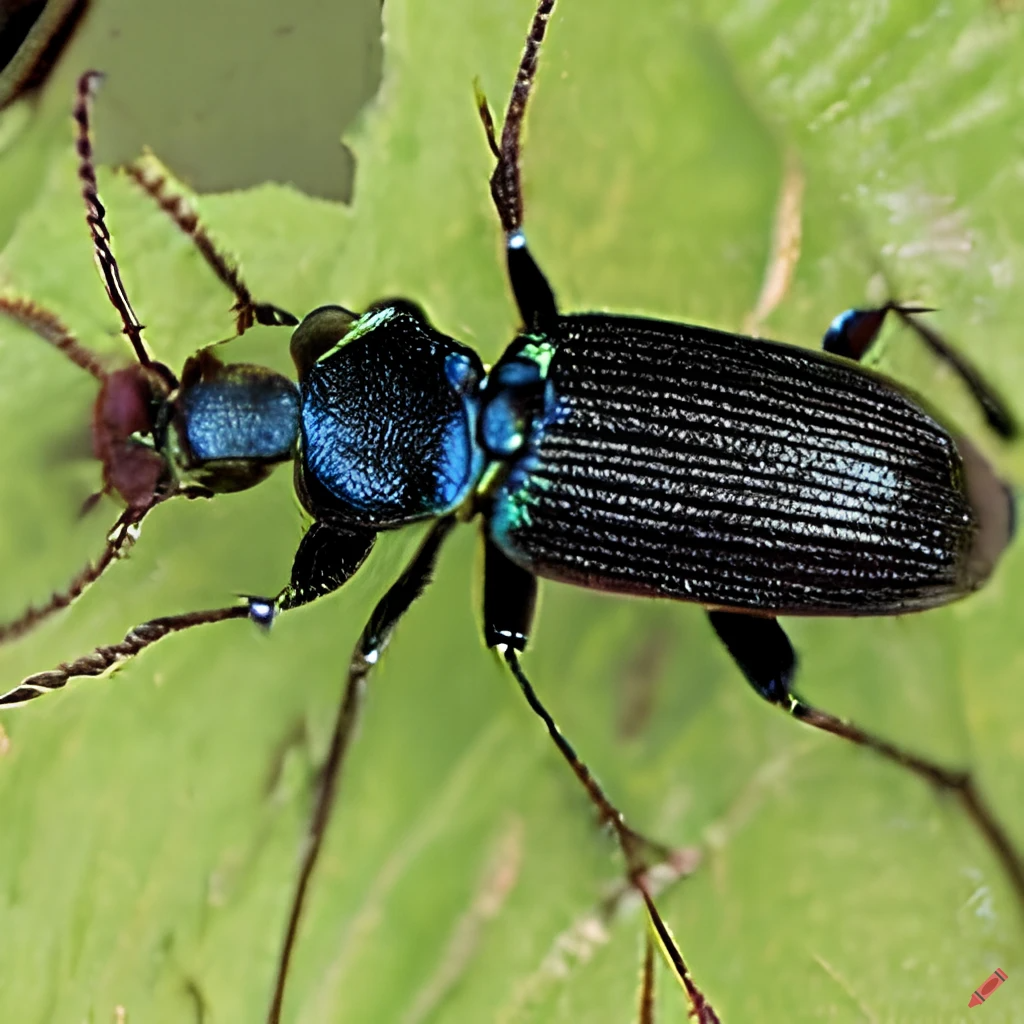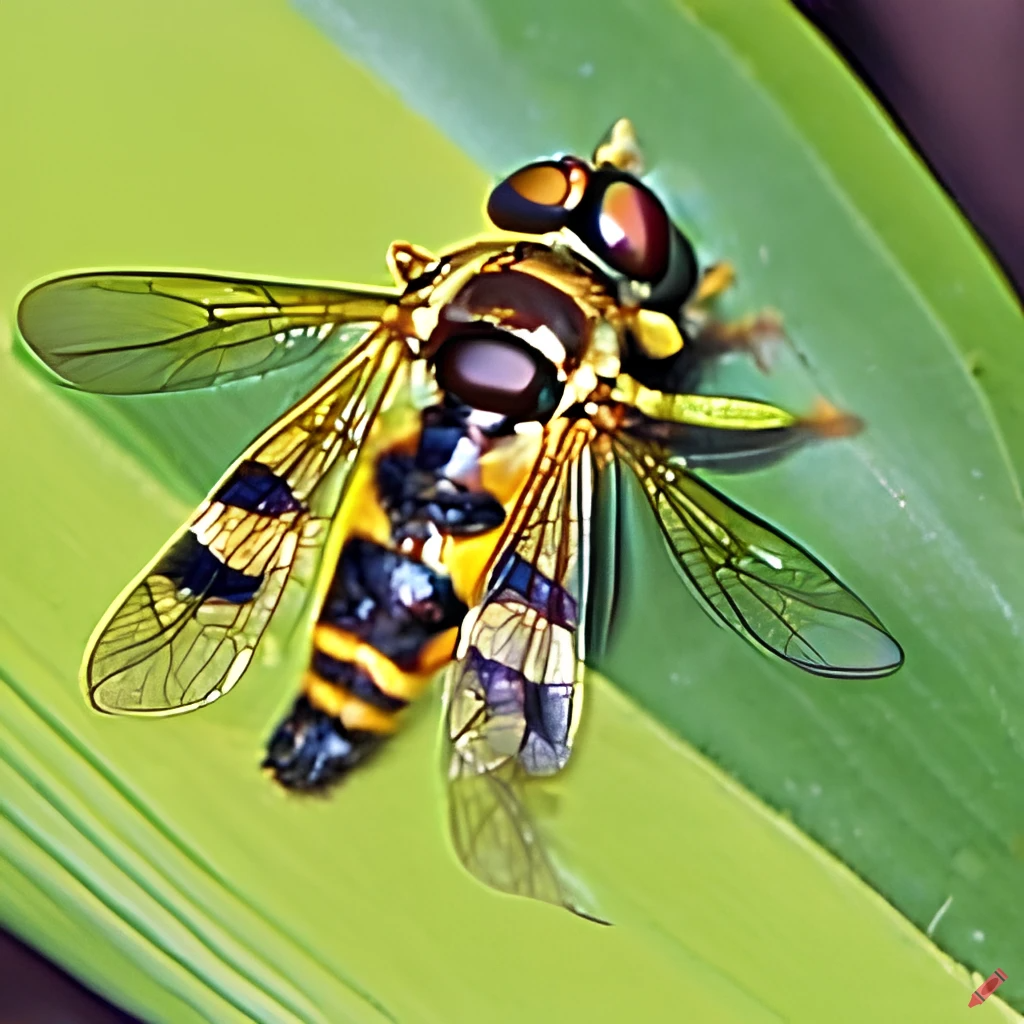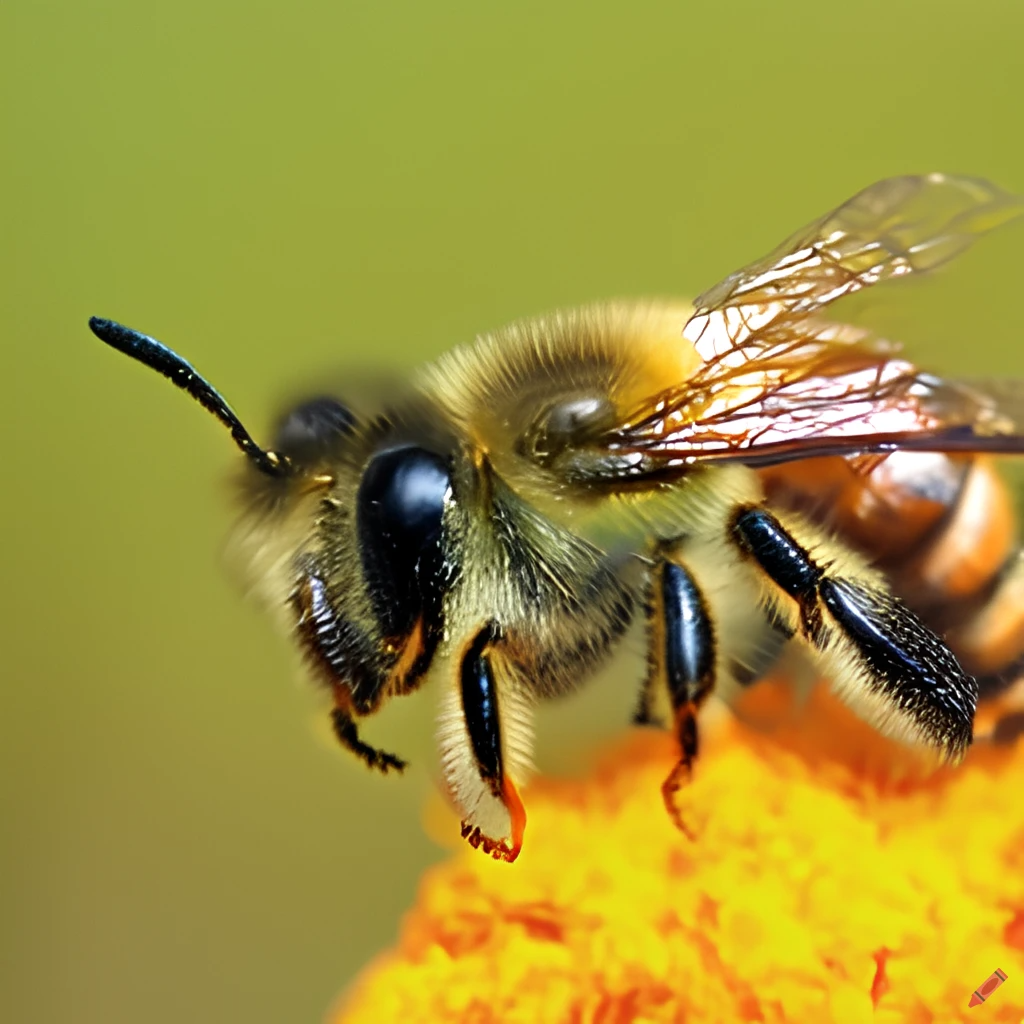
A ladybird, also known as a ladybug, is a small, colorful beetle belonging to the family Coccinellidae. Ladybirds are typically round or oval in shape and have a shiny, brightly colored exoskeleton with black, white, or yellow spots. Ladybirds are found all over the world, and there are over 5,000 species of ladybirds, ranging in size from 1 to 10 millimeters in length.
Ladybirds are beneficial insects that play an important role in natural pest control. They are natural predators of aphids, mites, and other small insects that can damage plants. Ladybirds also feed on other pests, including whiteflies and mealybugs. By consuming these pests, ladybirds help to keep populations under control, reducing the need for chemical pesticides.
In addition to their pest control benefits, ladybirds are also considered to be a symbol of good luck in many cultures around the world. In some cultures, it is believed that if a ladybird lands on you, it will bring good fortune.
Ladybirds are beneficial insects that can help in the garden in several ways:
- Aphid control: Ladybirds are natural predators of aphids, which are small sap-sucking insects that can damage plants. Ladybirds can eat hundreds of aphids in their lifetime, making them an effective natural control method for these pests.
- Pest control: Ladybirds also feed on other garden pests, including mites, whiteflies, and mealybugs. By consuming these pests, ladybirds help to keep populations under control, reducing the need for chemical pesticides.
- Pollination: While ladybirds are not major pollinators like bees or butterflies, they can help with pollination by visiting flowers and feeding on nectar and pollen. This can help to increase fruit and seed production in the garden.
- Natural pest management: By introducing ladybirds to your garden, you can establish a natural pest management system that relies on the interactions between different organisms in the ecosystem. This can help to promote a healthy, balanced garden ecosystem.
In conclusion, ladybirds are beneficial insects that can help with pest control and pollination in the garden. By attracting and encouraging ladybirds in your garden, you can reduce the need for chemical pesticides and promote a healthy, balanced ecosystem.
Encouraging ladybirds to your garden
Encouraging ladybirds to your garden is relatively easy, and you can do it in several ways:
- Plant native flowers: Ladybirds are attracted to flowers that produce pollen and nectar, such as daisies, marigolds, and cosmos. By planting a variety of native flowers, you can provide a food source for ladybirds and attract them to your garden.
- Provide shelter: Ladybirds need shelter during the winter months, and you can provide it by leaving leaf litter, twigs, and other natural debris in a quiet corner of your garden. You can also provide shelter by building a ladybird house or purchasing one from a garden center.
- Avoid using pesticides: Chemical pesticides can be harmful to ladybirds and other beneficial insects. By avoiding the use of pesticides in your garden, you can create a safer environment for ladybirds to thrive.
- Introduce ladybird larvae: Ladybirds go through several stages of development, and their larvae are also beneficial for pest control. You can introduce ladybird larvae to your garden by purchasing them from a garden center or releasing them from a ladybird house.
- Create a diverse ecosystem: Creating a diverse garden ecosystem that includes a variety of plant species, natural debris, and companion planting can help to attract and maintain a healthy population of ladybirds and other beneficial insects.
In conclusion, encouraging ladybirds in your garden is beneficial for pest control and pollination. By planting native flowers, providing shelter, avoiding pesticides, introducing ladybird larvae, and creating a diverse ecosystem, you can attract and maintain a healthy population of ladybirds in your garden.


